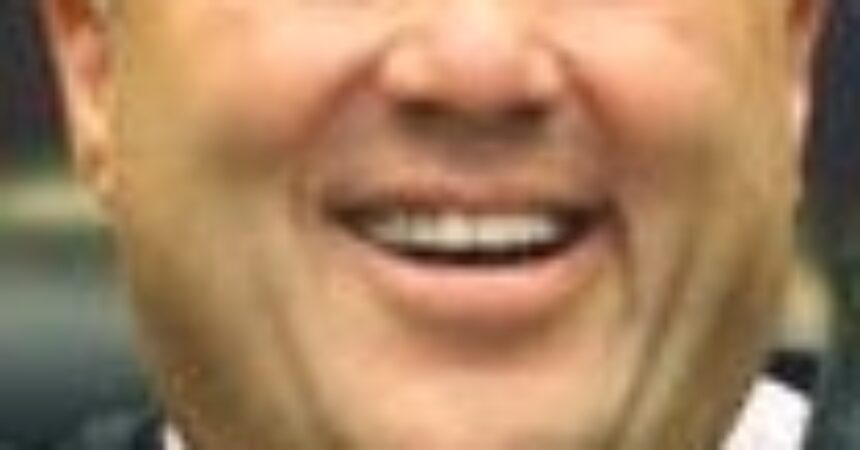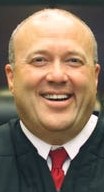
Ask Judge Smith
Truman carried the burden of using atomic weapons as commander-in-chief

Q. Judge Smith, what do you think was President Truman’s most difficult decision as our commander-in-chief? Hazel
A. President Truman faced more hard choices than most commanders-in-chief. He alone carried the weight of deciding to use atomic weapons to force Japan’s surrender. In making that decision, Truman weighed his options carefully. It is impossible to appreciate the pressures he faced in making this decision without context.
Japan had started the war by a sneak attack on Pearl Harbor during peace talks. Japanese imperial forces had ruthlessly subjugated Korea, China, and the Philippines, using murder, rape, torture, and confinement to expand their reach. They treated U.S. prisoners of war inhumanely. One example will make the point.
On April 18, 1942, 16 U.S. B-25 bombers, led by Col. Jimmy Doolittle, dropped bombs on Tokyo. Doolittle’s raiders lacked enough fuel to return home. As a result, the pilots bailed out over Chinese airspace or landed in China or Russia. In response, the Japanese military captured three American crew members and executed them. After Japan learned that the local population had helped these American soldiers, the Japanese Army retaliated by killing 250,000 Chinese civilians.
As the Pacific Theater of World War II played out, the United States gained momentum and took the war to the Japanese. In response, the Japanese dug in, used kamikaze suicide bombers, and defended their strongholds to the last man. Each side sustained horrific casualties.
Truman’s advisors estimated the U.S. military would suffer 3 million casualties if we invaded mainland Japan. Moreover, millions of Japanese soldiers and innocent civilians would die, too.
Had Truman chosen not to use atomic weapons, the U.S. military would have continued prosecuting a conventional war. By August of 1945, our bombers, using conventional weapons, had already destroyed over 60 Japanese cities, with more to come. The status quo was ugly.
Truman never wavered or passed the buck. He decided that atomic weapons would end the war sooner and cause fewer overall casualties for both sides. Truman knew nothing short of a staggering blow would convince Japan’s leaders to surrender. Otherwise, they and we faced death by a thousand cuts.Create Account
The U.S. military exploded an atomic bomb on Hiroshima on Aug. 6, 1945. Afterward, Truman said, “If they do not now accept our terms, they may expect a rain of ruin from the air, the like of which has never been seen on this earth.” Japanese leaders ignored Truman’s warning and refused to surrender. The U.S. military exploded an atomic bomb on Nagasaki on Aug. 9, 1945. The estimated death toll from both nuclear bombings ranges from 129,000-226,000.
On Aug. 15, 1945, Japan’s Emperor Hirohito broadcast Japan’s surrender. In it, he stated, “… the enemy now possesses a new and terrible weapon with the power to destroy many innocent lives and do incalculable damage.” He reasoned that continuing the fight would result in Japan’s obliteration.
Truman’s difficult decision shortened the war and saved countless lives on both sides. Many Americans and Japanese live today because their ancestors didn’t die in our military’s invasion of Japan.
Still, nuclear warfare is horrific, and Truman must have carried the burden of the death and carnage he unleashed for the rest of his days.
The Honorable J. Layne Smith is a Circuit Judge, published author, and public speaker. Send your question to askjudgesmith@gmail.com.







